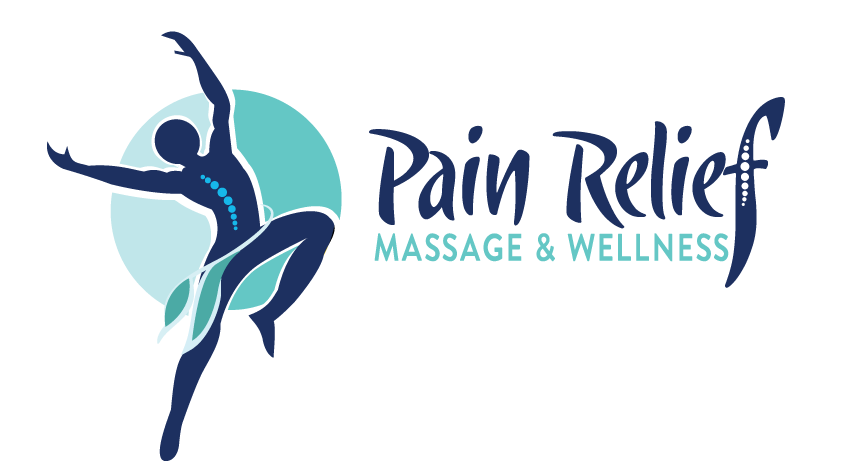What is "The Fascia"?
Has anyone ever talked to you about the fascia? Does it sound familiar? If you ever studied anatomy you may have possibly read about it. Maybe you heard about it from your chiropractor or massage therapist (I do like to talk about fascia from time to time). It is a trending word in today's pain science research. So what is it, and why am I writing about it?
Fascia is the body's connective tissue that holds us together. It's a system that holds everything in it's proper place (think of it being glue for everything in your body). It intertwines around your ligaments, tendons, muscles and even around all of your organs, even your brain! Without Fascia, our body would be a big blob that couldn't work. It really is one big connected system which unfortunately has been understudied until just recently. Take a look what it looks like:
If the fascia system is so important, why has it been understudied by medical research? This system is so pervasive and interconnected that it's been hard for researchers to adequately study it. In many cases, it was just looked at as a fibrous layer of tissue that was removed in the study of musculature, nerves & organs. Serious research really didn't start happening until around 2007, when the first international fascial research congress convened. You can read more about that HERE. Researchers across the world along with alternative medicine practitioners came together to discuss fascia and it's role in the body. The convening of researchers and practitioners went so well, that we've discovered more about the role fascia plays in the body.
Some of what we've learned so far can be read HERE. Fascia plays a large role in our body posture and movement. It also contains many of the sensory nerves that transmits to the central nervous system. In fact, recent research shows that fascia can have upwards to 6-10x more sensory nerve receptors than muscles. Which gets me to the point about why I'm writing about it.
Massage & bodywork can affect the fascia when there is pain and dysfunction in the body. When there is adhesions, restrictions, or scarring within the fascia, it will transmit pain to the brain. This pain can be chronic and last for years. Some people will chalk it up to "just getting old" and not think that the underlying issue may be corrected with massage. Not only do massage therapists affect the muscles, we also affect the fascia in a big way.
What's the best type of massage for this? Well your normal run of the mill Swedish massage may help slightly. In terms of making changes to chronic pain or restriction, you may want to go with a deep tissue massage to affect deeper layers of muscle & fascia. The best types of massage for working on fascia is Myofascial Release, Rolfing, and Structural Integration. There may be others out there that can also help, but those three types of bodywork is where you'll want to start.
When helping with dysfunctional fascia, the therapist will do an assessment of your pain, discuss a treatment plan, and perform the massage over areas that present pain. When working with fascia, the therapist performs stretches over the skin to get fascia back to its normal resting length. The therapist also uses light isometric compressions to work with the sensory nerves that causes the pain and creates relief through the massage.
Restrictions/adhesions in fascia can cause a decrease in the quality of your life. Neck & shoulder pain, back pain, abdominal & groin pain, hip pain, and leg pain can all be affected by the fascia in your body. Specific massage & bodywork can cause permanent & lasting changes to pain caused by fascia within 1-3 sessions. As a massage therapist, I've helped dozens of people that had chronic pain that lasted years. Have you tried bodywork for your pain? Your fascia may be the cause you're always on pain meds, muscle relaxers, and anti-inflammatories. Are you an athlete that has chronic pain? Check out this brilliant fascia article HERE. If this article resonates with you, look for the best therapist in your area that works with the fascia. You may get the relief you need.



